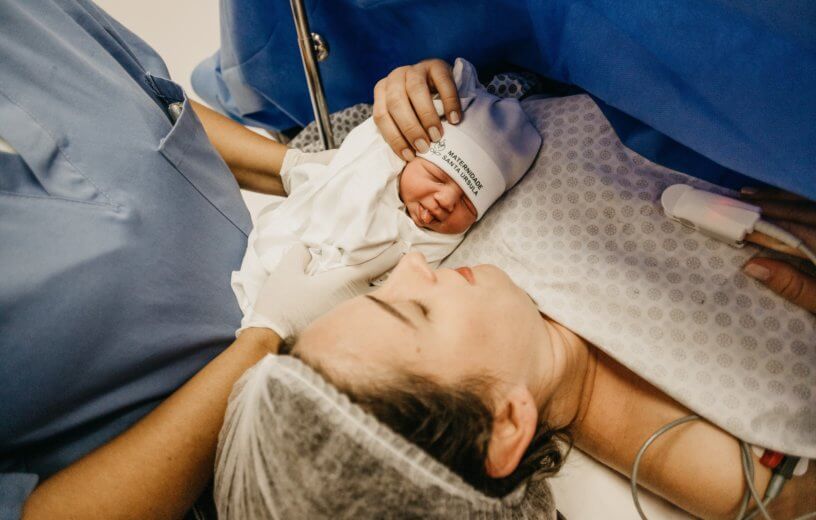STANFORD, Calif. — After nine months of pregnancy, mothers naturally want their delivery day to be as painless as possible. To do that, many opt for an epidural, an injection around the spinal cord that eases nerve pain. However, some reports claim these injections can end up harming the child’s development. Now, a new study is putting some of those fears to rest, finding there is no link between an epidural during labor and children developing autism.
A widely shared study last year claimed epidural use could lead to a 37-percent greater risk of autism diagnosis. However, several professional societies have issued a statement saying the study did not provide credible scientific evidence of this. Scientists also criticized the report for failing to account for many autism risk factors including the parent’s genetic makeup. One in 54 children across the U.S. will receive an autism spectrum disorder diagnosis.
Although anesthesia gas is a common method of pain relief in hospitals, the proportion of pregnant women opting for an epidural is increasing. Doctors note the idea that anesthesia during birth can affect a child’s mental development is “biologically impossible.”
During the epidural procedure, doctors administer the anesthetic using a needle entering the epidural space around the spinal cord in the lower back. These shots are especially useful for women who require unplanned or urgent C-sections. They also pose a lower risk to both mother and baby than general anesthesia.
No issues with the ‘gold standard’ in pain management
The new study examined 123,175 children born between 2005 and 2016 and followed them for several years. Of those, 38 percent were born after their mothers received an epidural. Scientists also controlled for factors including the mother’s education, socioeconomic level, medical history, prescription drug history, and complications during the delivery. The results reveal no significant difference in autism risk in comparison to mothers not receiving an epidural.
Researchers also looked at siblings, in which the mother received an epidural during one child’s birth, but not the other. Study authors say the results remained constant.
“The epidural is the gold standard in labor pain management,” says Dr. Elizabeth Wall-Wieler from the University of Manitoba in a university release.
“The vast majority of evidence around epidurals, including that from our new study, shows that they are the most effective means of providing pain relief to women during labor and that serious complications are rare.”
“We did not find evidence for any genuine link between having an epidural and putting your baby at increased risk of autism spectrum disorder,” adds Dr. Alexander Butwick, associate professor of anesthesiology at Stanford. “The study should help reassure both physicians and pregnant women about the favorable safety profile of epidurals.”
“An epidural remains a well-established and effective means of providing pain relief during labor, with several benefits associated with it,” Dr. Butwick concludes.
The findings appear in the journal JAMA Pediatrics.
SWNS writer Joe Morgan contributed to this report.
